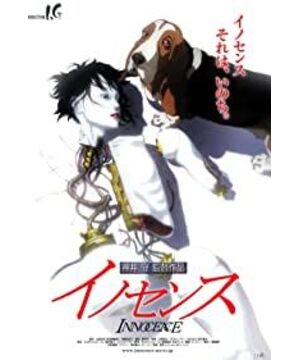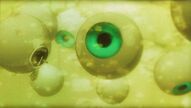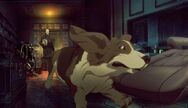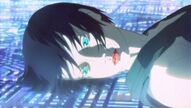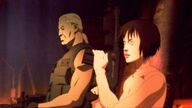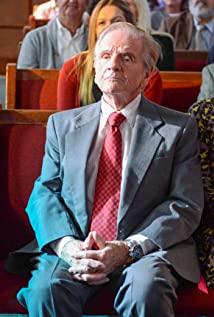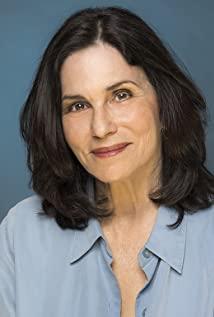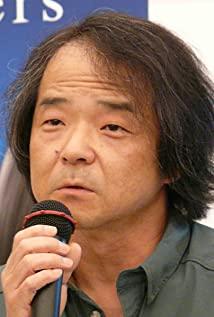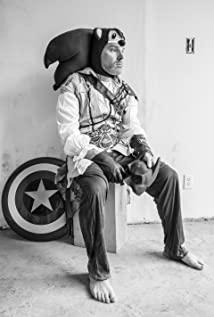This is probably the question I most want to ask after reviewing "Innocence". In the play, in order to escape from the cage, are the children who manipulated puppets to riot and kill and then attract the attention of the police are "innocent"? Because I don't know what is "right or wrong in life and death", I don't know that such an action will take away the lives of others, but I just follow the creature's instinct to live and don't want to become a marionette, so is it "innocent"? At the beginning of man, nature is good; or, at the beginning of man, nature is evil. This is a philosophical question with no right answer. Children, the initial stage of human beings, because they have no concept of "life and death, good and evil", they can arbitrarily end other lives just because of play, because they want to understand and try, without any guilt; however, the same children, But because it has not developed the dark side of human nature, it is called the purest and purest existence. Because of ignorance, because of ignorance, even if he commits a heinous crime and his hands are full of blood, his heart is still pure and innocent. I will never forget the little girl rescued by Bart at the end of the play crying and saying that she just didn't want to become a puppet who was brainwashed, imprisoned and manipulated, but she controlled the puppet to kill innocent people, and even killed those who wanted to rescue them. Policemen. This is like a child who doesn't know what he has done wrong, crying and saying to an adult, I don't know, how can I understand, and then he is forgiven by the adult saying "he is still a child, let's not set an example". We forgive children, not only because they are our own children, but more importantly because they have the potential to develop into intelligent beings like "humans" that can discern right from wrong; otherwise, they become beasts. If, since we can forgive such ignorant and erring children, why can’t we forgive the crimes committed against humans by AIs who are also at the stage of child development in the case of “ignorance”? I think this is what the theatrical version of "Innocence" wants to really continue and sublimate. The ubiquitous hints in the play and the classic scene of the little girl holding the doll in the last scene have been conveying to everyone that the AI at the beginning of its birth is actually no different from the human child. If there is no one to guide, they will eventually pursue their own instincts: the imprisoned seeks liberation, the injured rebel, and how does he know that this is hurting or ending the life of another intelligent creature? For the life born into this world, who is not a blank sheet of paper, fearful and uneasy? What about having the highest intelligence that dominates the entire species? Like a new born, but also sinful. One day in the future, through the hands of human beings, a new intelligent life such as AI will be born, just as children will replace their parents, AI will also replace the human who created them. If we think AI's replacement is a sin, then we have to condemn our own newborns, and may we not forget that what may be lost may be body, but life will continue, no matter what form.
View more about Ghost in the Shell 2: Innocence reviews


